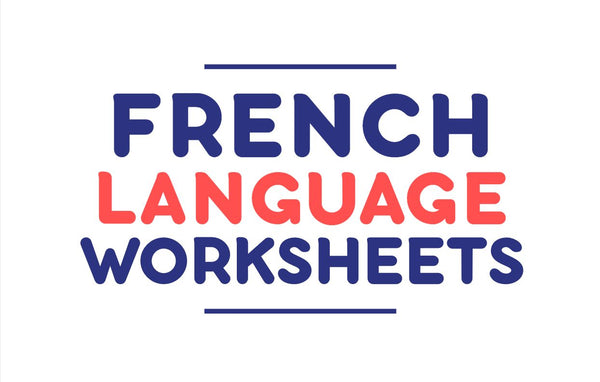Why Learning French Still Matters in England
Why Learning French Still Matters in England
From a French Teacher’s Perspective
“But Sir, why do I need to learn French?”
It’s a question I hear often - and I’m not offended by it. In fact, I welcome it. Because behind it is a powerful opportunity: to help students understand that learning French is not just about exams. It’s about opening their minds to how language works, how people live, and where they could go — both in life and in the world.
Building on the Cambridge Assessment article, I want to share why I still believe - more than ever - that French deserves a central place in our classrooms here in England.
French Is More Relevant Than You Think
French is more than just a subject on the timetable. It’s a global language:
- Spoken on five continents
- An official language in 29 countries
- The primary working language of the European Union
Even post-Brexit, the EU remains one of the UK’s largest trading partners. For any student considering international work, in law, science, engineering, or politics - French isn’t optional, it’s strategic. Fluency in French creates access to internships, partnerships, and cultural programmes across Europe and Africa.
Learning French Teaches You About Your Own Language
One of the most overlooked benefits of learning French is that it helps students understand English better - or whatever their first language may be.
As we explore French grammar in class - verb conjugations, tenses, agreements, or sentence structure - students begin to ask:
- “Do we do this in English?”
- “What’s the subject in this sentence?”
- “Why do we say it like that?”
It’s this curiosity that unlocks deeper literacy and metalinguistic awareness. Students become better writers and readers in all languages because they start recognising patterns, functions, and structures they had never questioned before.
Learning French Teaches You How to Learn a Language
Many of my students won’t use French forever - and that’s okay. But learning a first foreign language lays the foundation for learning others later.
As the Cambridge article rightly says:
“You’re not just learning French. You’re learning how to learn a language.”
Once students build this "language-learning muscle," picking up Spanish, German, Arabic, or even coding languages becomes far more intuitive. It’s not about memorising a million words - it’s about recognising how language systems work.
French for Real-Life Communication
Learning French is not about copying dialogues from a textbook. It’s about communicating with real people:
- Ordering food in Paris
- Chatting with a French host family
- Discussing climate change with a partner school in Belgium
- Attending a job interview at a European company
When students grasp the real-world application of language, that French is spoken every day by over 275 million people - they see its relevance beyond grades.
Why It Still Matters in England
Even though fewer students are taking languages at GCSE and A-level, French remains the most-taught and most-useful foreign language in English schools. The economic, cultural, and cognitive benefits are backed by countless studies. And yet, it still battles the misconception of being a “dead” or “pointless” subject.
As a teacher, I believe it’s our job to flip that narrative.
So when a student asks, “Why do I need to learn French?”, I respond with:
“You don’t need French to pass your GCSEs.
But you might need it to stand out in a job interview.
To fall in love in a different country.
To study abroad.
To truly understand your own language and how language works.”
